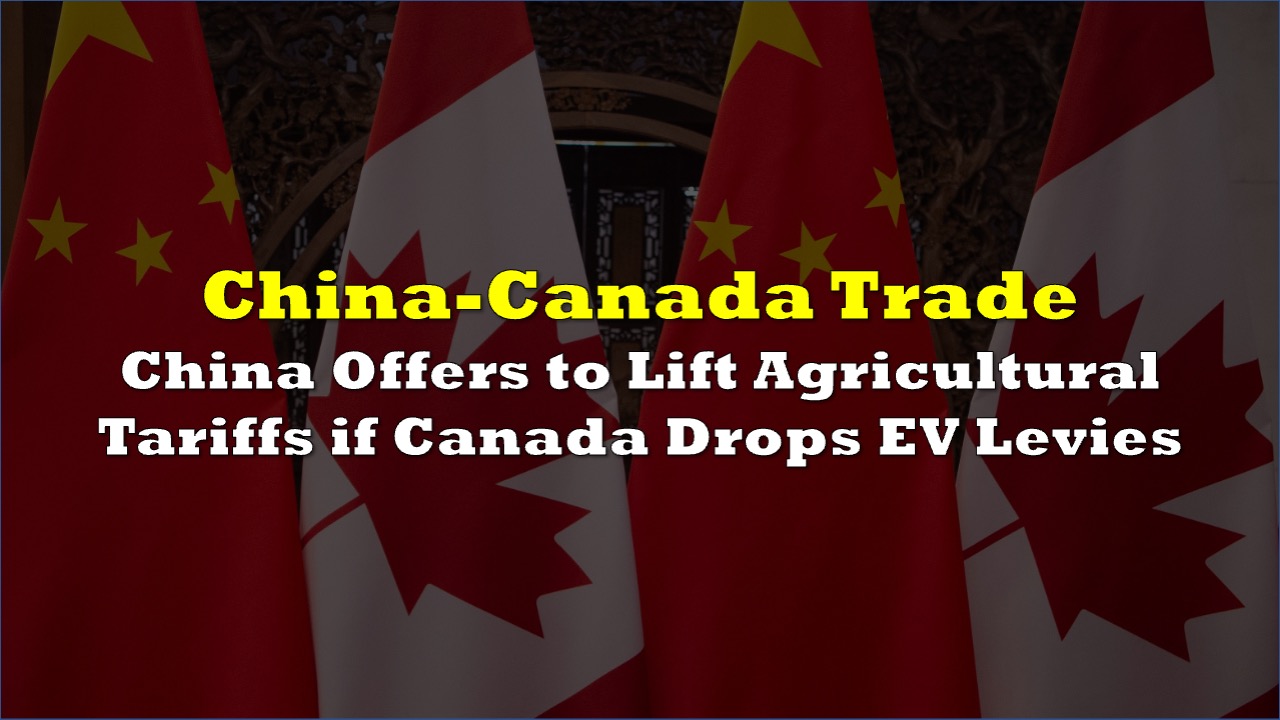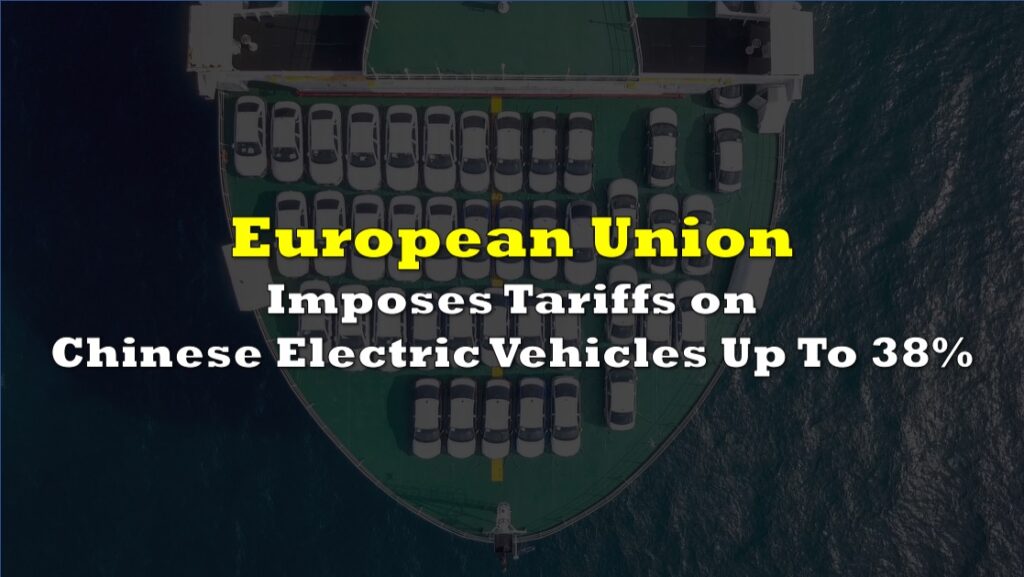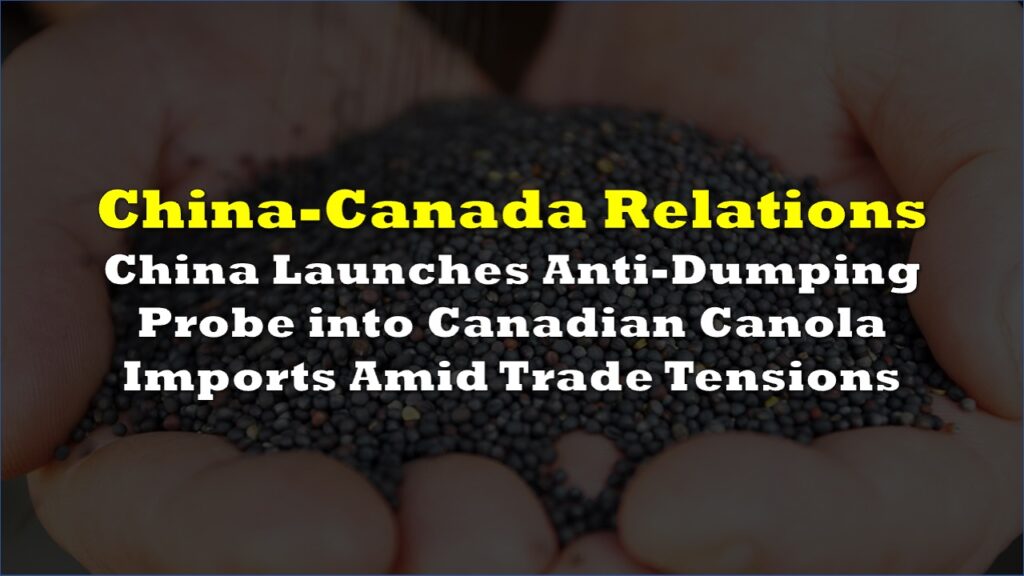China’s ambassador to Canada says Beijing will remove punitive tariffs on Canadian canola and pork if Ottawa scraps its 100% levy on Chinese electric vehicles, offering a potential resolution to a trade dispute that has devastated Prairie farmers.
Ambassador Wang Di presented the offer during a CTV “Question Period” interview broadcast on Sunday, marking the most explicit proposal yet to resolve the agricultural trade conflict that began after Canada imposed steep tariffs on Chinese EVs in October 2024.
BREAKING: The Chinese Ambassador says China will lift tariffs on Canadian canola, pork, and lobster—if Ottawa scraps its electric vehicle levies.
— The Food Professor (@FoodProfessor) October 11, 2025
China has never been more clear than that.
China’s retaliatory measures, which took effect in March 2025, impose tariffs of 100% on canola oil, meal, and peas, along with 25% duties on pork and seafood. Beijing also maintains a 76% tariff on canola seed imports.
The impact has been severe. In August, Saskatchewan shipped just $96 million worth of canola to China — a 76% decline compared to the previous year’s figure for the same month. One Manitoba pork producer reported a $19 million annual loss.
Canada is going to lose the automotive manufacturing and automotive parts & accessories supply chain due to Trump tariffs. We have to accept reality and not live in fantasy land.
— Clinton Desveaux (@ClintonDesveaux) October 12, 2025
It’s time time fish or cut bait – EVs from China in exchange for Canadian oil & gas and canola…
Manitoba Premier Wab Kinew urged Prime Minister Mark Carney in a letter Saturday to accept China’s offer, saying Canada’s EV tariff policy “has created a two-front trade war that disproportionately affects Western Canada.”
Tariffs on EVs shouldn’t cost our farmers their livelihoods. Time for trade that works for the Prairies – and for all Canadians. 🇨🇦 pic.twitter.com/6205TFIV3j
— Wab Kinew (@WabKinew) October 11, 2025
Canada imposed the 100% EV tariff alongside similar US measures, arguing the policy protects domestic automakers from unfairly subsidized Chinese vehicles flooding North American markets. Ottawa also imposed a 25% tariff on Chinese steel and aluminum.
The federal government said last month it is reviewing the EV tariff decision, but has offered no timeline for completion. The tariffs took effect on October 1, 2024, with a regulatory provision requiring review within one year.
Read: Canada Reviews Chinese EV Tariffs as Farmers Face $1B Losses From Chinese Retaliation
China is Canada’s second-largest trading partner after the United States. Canadian canola exports to China totaled nearly $5 billion in 2024, with more than half of all Canadian canola exports going to the Asian nation.
The Canola Council of Canada warns the Chinese tariffs will devastate farmers and the broader agricultural value chain. About 40,000 Canadian farmers rely on canola for their livelihood.
The trade dispute comes as Canada faces additional pressure from US President Donald Trump, who has repeatedly imposed and paused 25% tariffs on Canadian goods, creating economic uncertainty on multiple fronts.
Information for this story was found via the sources and companies mentioned. The author has no securities or affiliations related to the organizations discussed. Not a recommendation to buy or sell. Always do additional research and consult a professional before purchasing a security. The author holds no licenses.









